Architects Directory Alumnus: Pavillon Teré by Koffi & Diabate
The Wallpaper* Architects Directory has turned 20. Conceived in 2000 as our index of emerging architectural talent, this annual listing of promising practices, has, over the years, spanned styles and continents; while always championing the best and most exciting young studios and showcasing inspiring work with an emphasis on the residential realm. To mark the occasion, in the next months, we will be looking back at some of our over-500 alumni, to catch up about life and work since their participation and exclusively launch some of their latest completions. Part of our 2012 Architects Directory, Côte d'Ivoire architecture studio Koffi & Diabate is now working on a variety of projects and scales, and has just completed its latest private residence, Pavillon Teré.
Alejandra Loreto - Photography
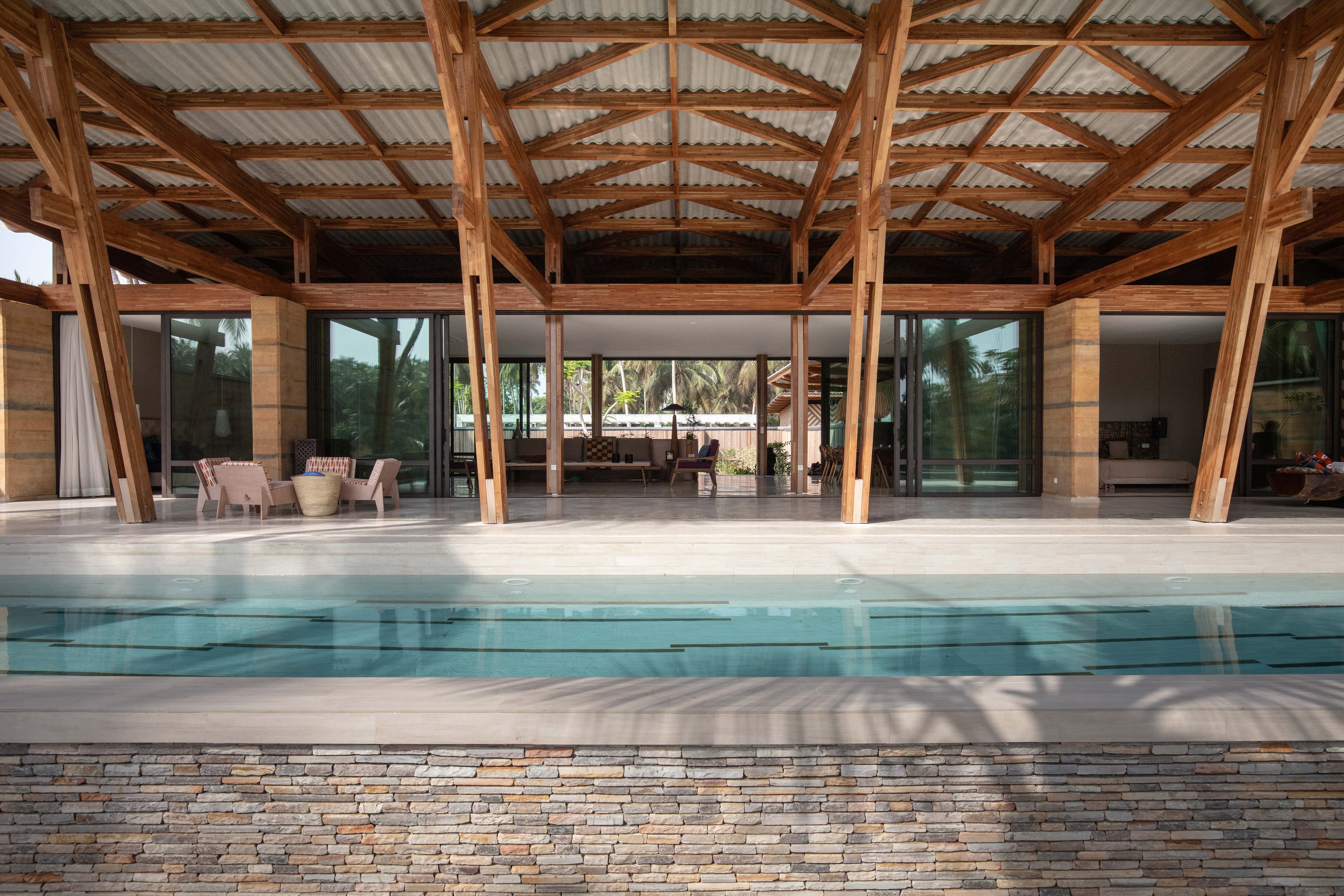
Receive our daily digest of inspiration, escapism and design stories from around the world direct to your inbox.
You are now subscribed
Your newsletter sign-up was successful
Want to add more newsletters?

Daily (Mon-Sun)
Daily Digest
Sign up for global news and reviews, a Wallpaper* take on architecture, design, art & culture, fashion & beauty, travel, tech, watches & jewellery and more.

Monthly, coming soon
The Rundown
A design-minded take on the world of style from Wallpaper* fashion features editor Jack Moss, from global runway shows to insider news and emerging trends.

Monthly, coming soon
The Design File
A closer look at the people and places shaping design, from inspiring interiors to exceptional products, in an expert edit by Wallpaper* global design director Hugo Macdonald.
Founded in 2001 through the partnership of young Yale graduate Issa Diabaté and established Côte d’Ivoire architect Guillaume Koffi, Koffi & Diabaté have made their reputation through their contemporary approach to traditional techniques. One of the firm’s most recent projects is the TÉRÉ Pavilion, a second home located in the coastal city of Assinie-Mafia. The architects describe the location as an ‘idyllic environment’ that is frequented by those looking to escape the noise and bustle of Abidjan, the country’s largest city, about 100km to the west.
The new house is defined by its use of traditional construction methods, notably rammed earth walls. Carefully orientated to keep the internal spaces shaded from direct sunlight, the earth walls are built up in layers, with subtly varying colour pigmentation and a warm, soft finish. Junctions and details are kept simple throughout, with steel and hardwood frames and terrazzo flooring, while the entire structure is oversailed by a high sloped roof in corrugated metal with a wooden frame.
There are climactic reasons for this arrangement, as the space above the dropped ceiling allows air to circulate and cool the space. Both wood and stone were locally sourced, with higher quality hardwoods used for the bespoke furniture and internal sculpted panels. Furnishings use printed fabrics from Congo, Mali and Côte d’Ivoire.
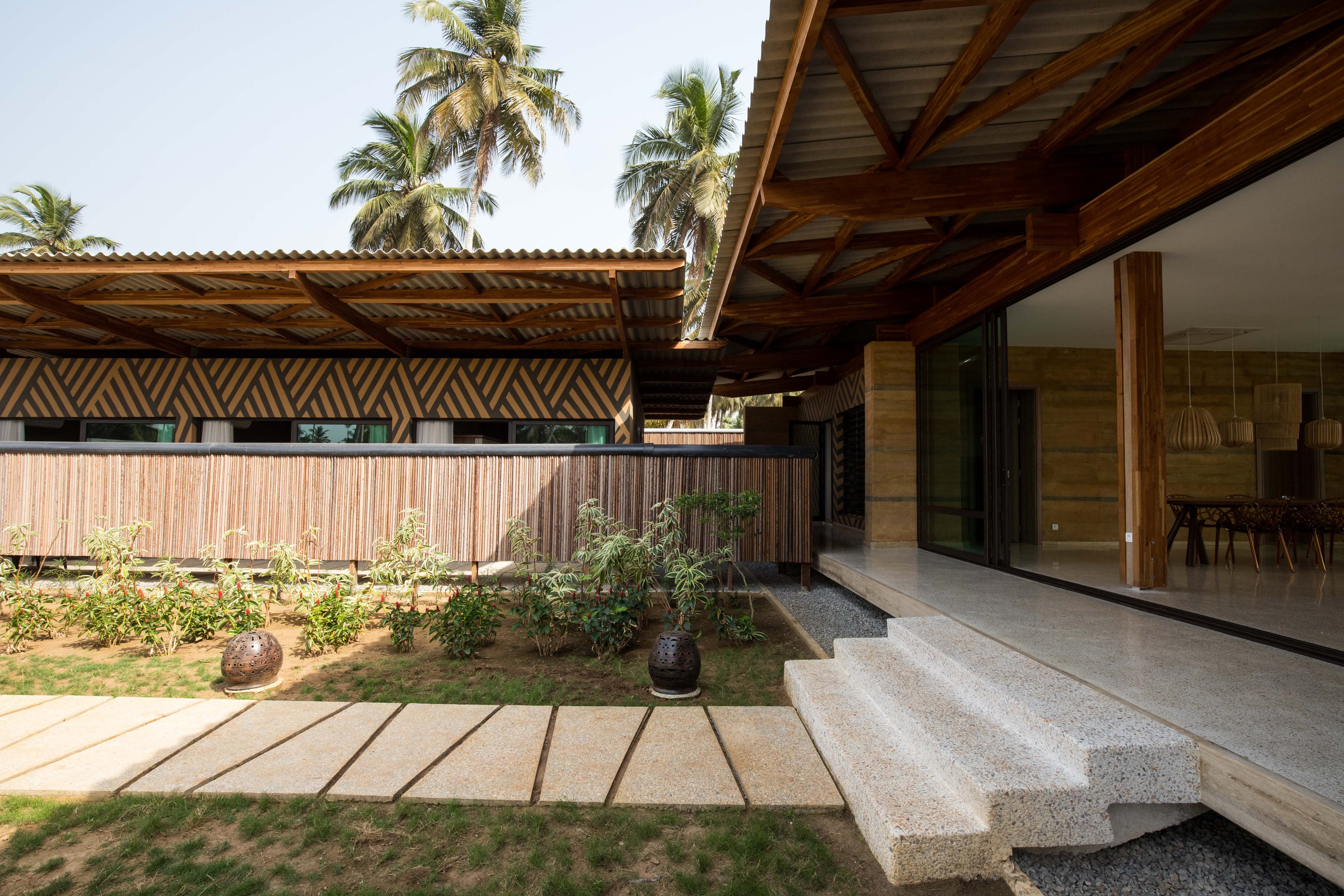
The new house is built close to the waterfront of one of the many lagoons, channels and islets that perforate this stretch of coast. The clients’ family is large and there is ample space for entertaining, with a main pavilion housing the living room and kitchen and two bedrooms and a secondary pavilion with guest accommodation.
Passive ventilation and simple construction methods allows the occupants to make the most of inside-outside living (‘a privilege of living in the tropics’) with long sliding windows that let air from the lagoon flow through the house. The architects also specified and designed much of the furniture, creating a complete design synthesis.
Throughout their career, Koffi & Diabaté have dovetailed local conditions with carefully considered aesthetics, creating modern architecture that is lightweight, high performance and low energy. In recent years the firm has worked in several other African countries and their ongoing commitment to quality has led to long-term relationships with contractors and clients. Larger projects include offices, hotels and even churches, all helping the studio’s global reputation to continue to grow.
MORE FROM WALLPAPER* ARCHITECTS DIRECTORY 2020
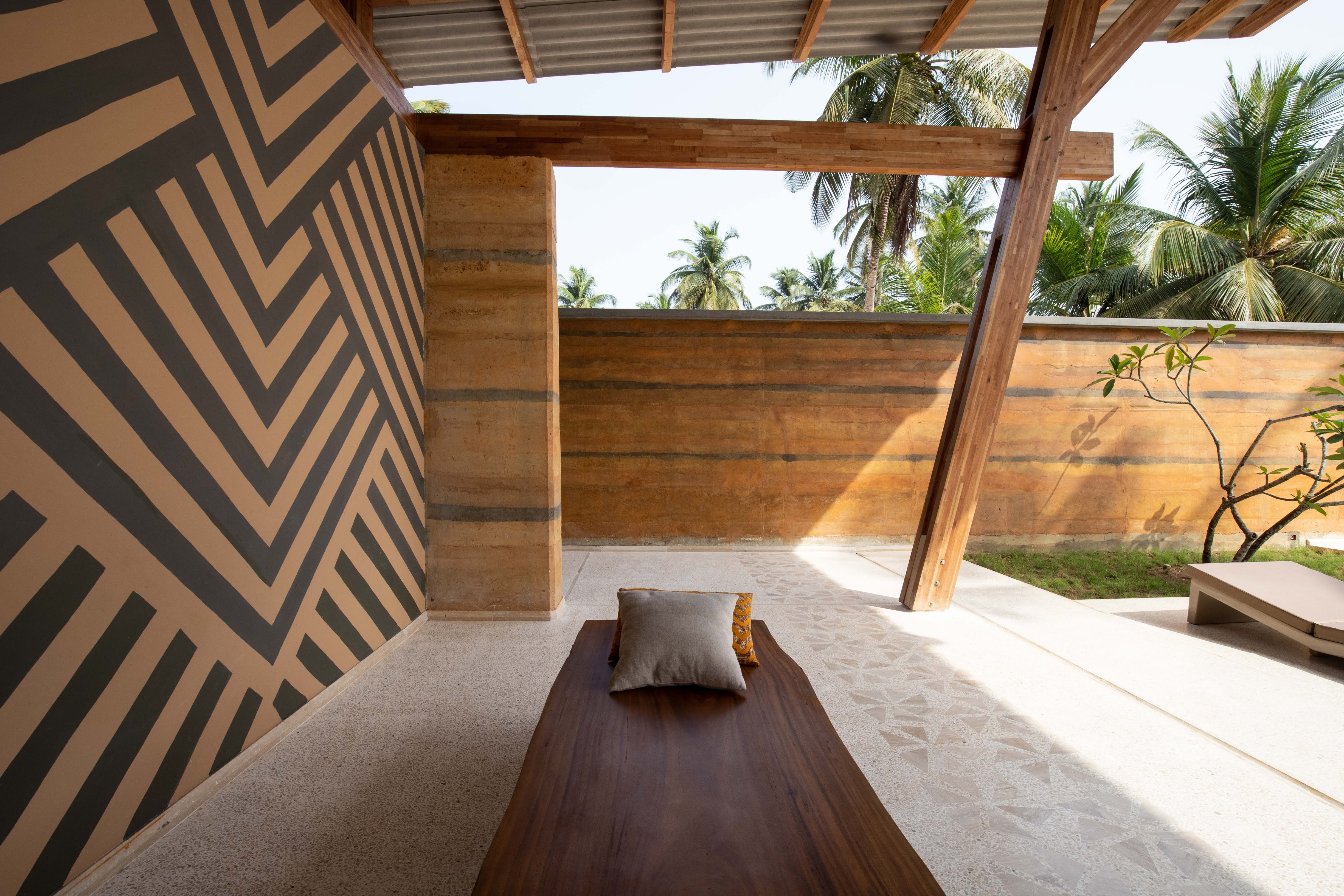
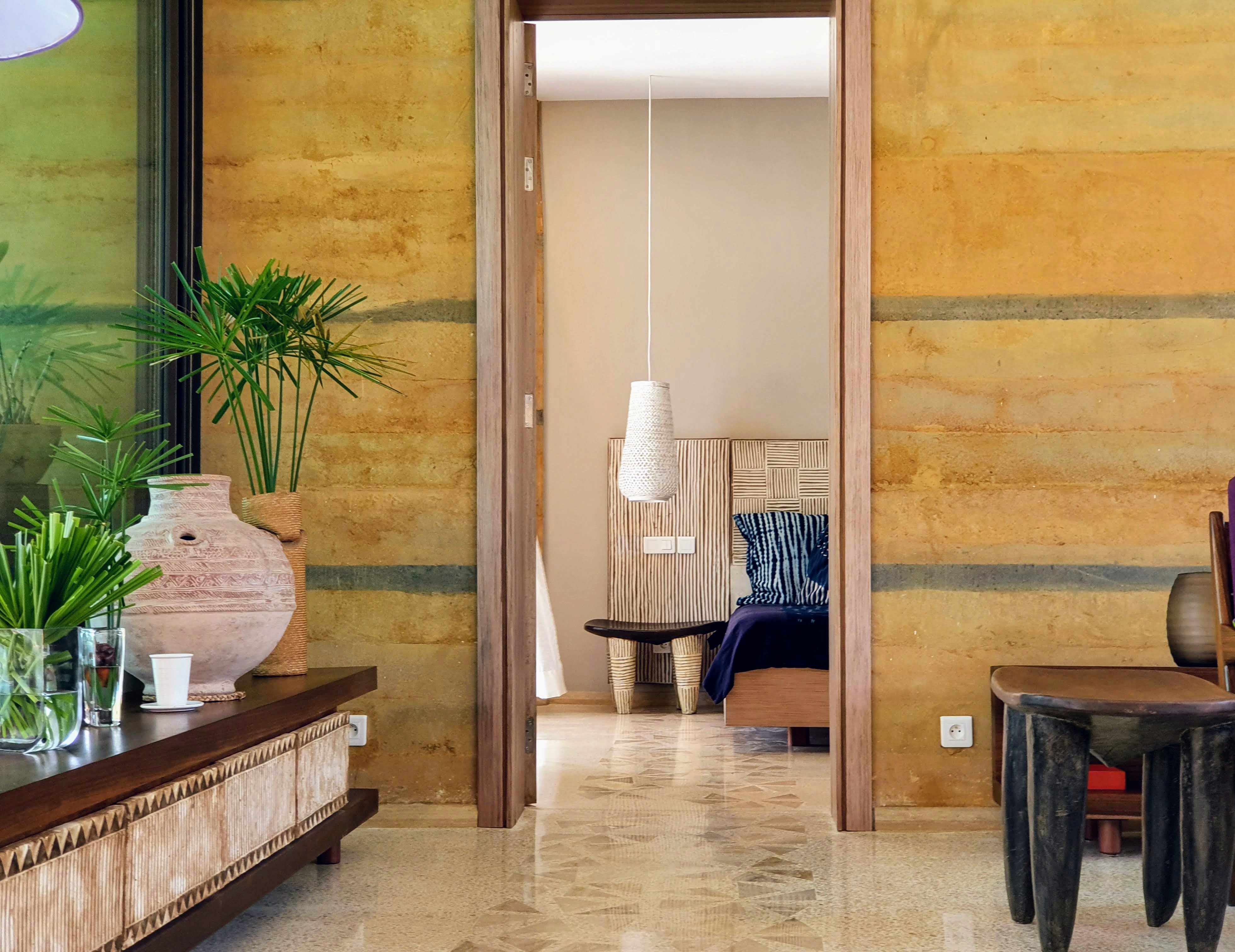
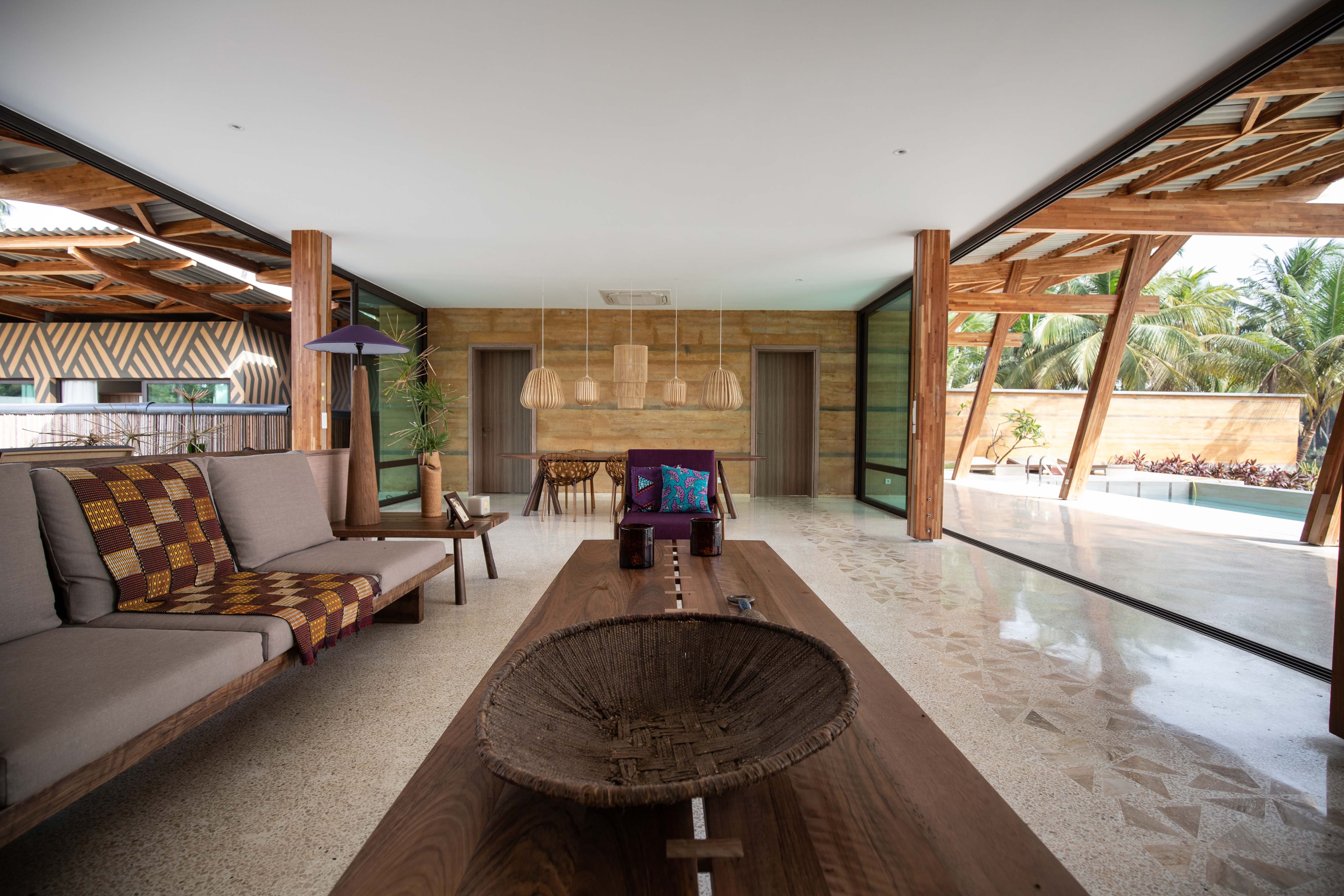
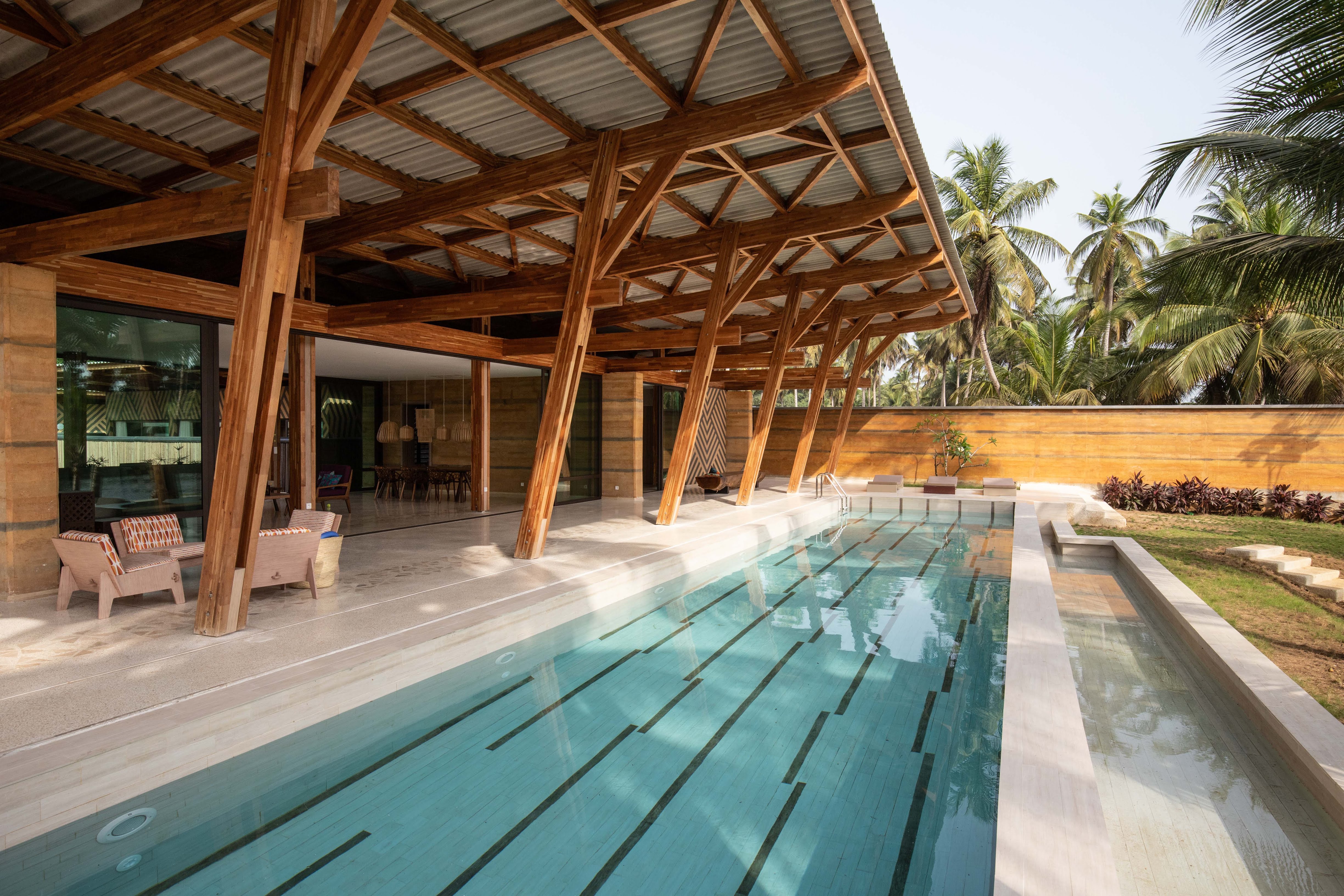
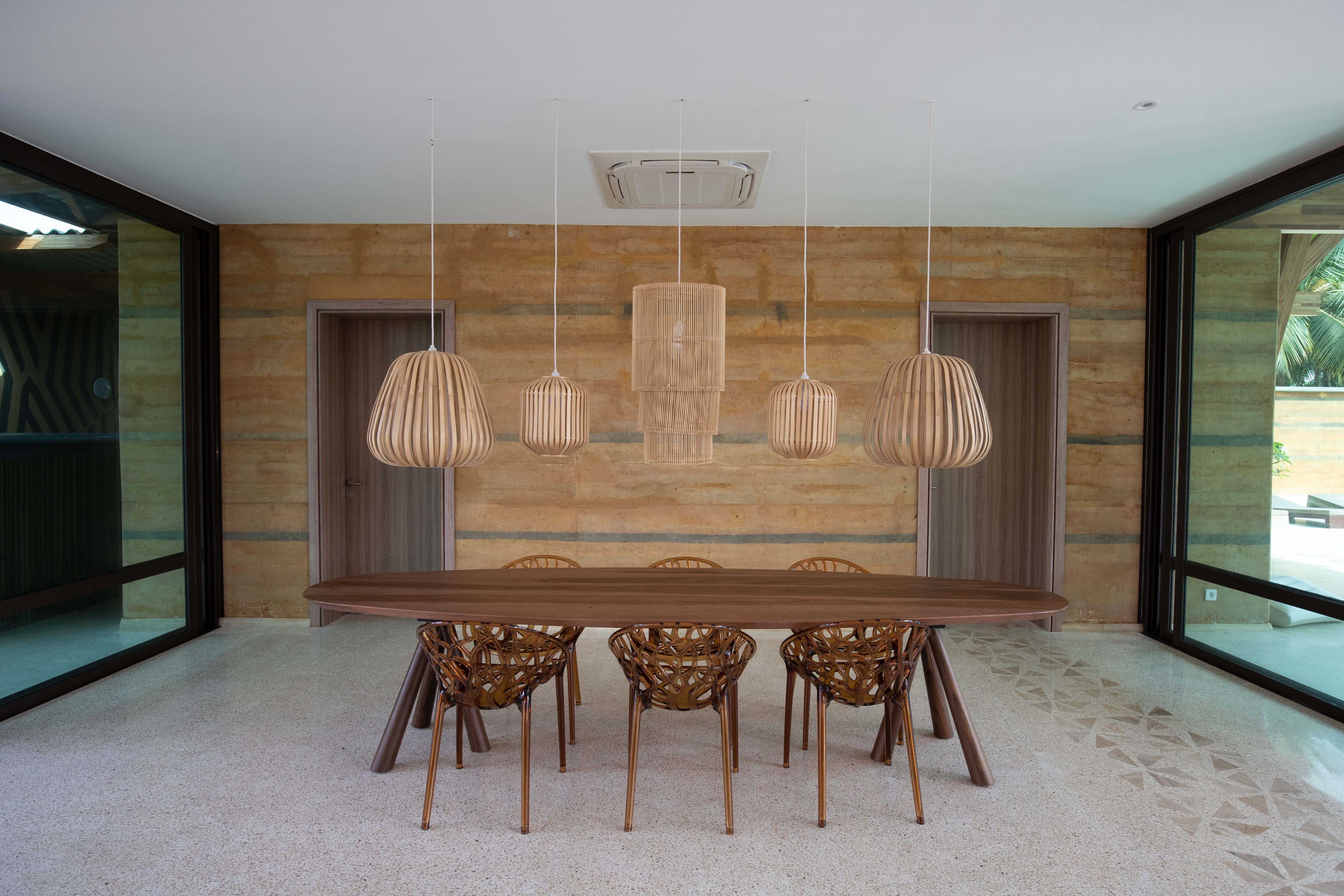
INFORMATION
Receive our daily digest of inspiration, escapism and design stories from around the world direct to your inbox.
Jonathan Bell has written for Wallpaper* magazine since 1999, covering everything from architecture and transport design to books, tech and graphic design. He is now the magazine’s Transport and Technology Editor. Jonathan has written and edited 15 books, including Concept Car Design, 21st Century House, and The New Modern House. He is also the host of Wallpaper’s first podcast.